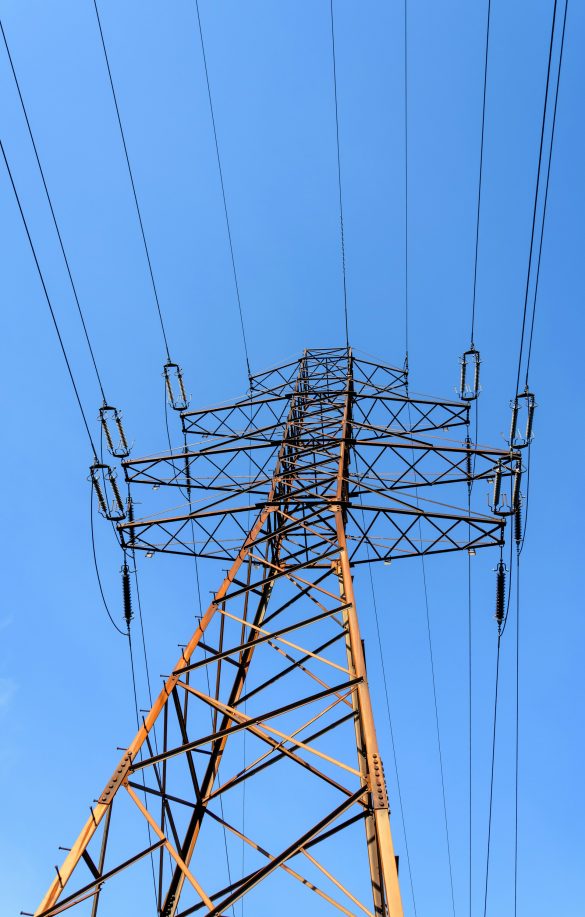The Rural Electrification Agency (REA) has taken a monumental step towards revolutionizing Nigeria’s energy sector by orchestrating a two-day roundtable event, held on February 27th and 28th, 2024, in Abuja. This pivotal gathering marked a strategic endeavor to foster collaboration and partnership among key stakeholders in the energy sector, including State Governments, Distribution Companies (DisCos), and leading institutions in sustainable development such as Ernst & Young (EY), the United States Agency for International Development (USAID), and the World Bank.
The focus of this roundtable was to navigate the complexities of the energy sector under the new regulatory landscape shaped by the Electric Power Sector Reform Act (EPSRA) 2023. This Act underscores the necessity of effective coordination between the REA, state governments, and other relevant stakeholders to advance rural electrification projects, aiming for universal energy access across Nigeria.
During the event, the Minister of Power, Adebayo Adelabu, emphasized the imperative of collaboration among stakeholders to fulfill the vision set forth by the 2023 Electricity Act, signed into law by President Bola Ahmed Tinubu. Adelabu advocated for a unified approach to energy solutions, where on-grid and off-grid systems complement each other, ensuring that every Nigerian, irrespective of their location, benefits from a reliable and sustainable power supply.
The roundtable also spotlighted the liberalization of the electricity market, as introduced by the 2023 Electricity Act. This reform grants states the autonomy to craft their energy access strategies and establish independent electricity markets, empowering them to set up state electricity agencies to oversee operations within their jurisdictions.
Engr. Ahmad Salihijo Ahmad, the MD/CEO of the REA, highlighted the agency’s commitment to bridging access gaps in various sectors through clean energy innovations. These efforts aim to address a range of challenges, from e-mobility and agricultural productivity to educational enhancement and crime reduction through improved security lighting.
The event underscored the growth of interconnected mini-grids as a collaborative model to provide energy to underserved Nigerians. It also stressed the importance of partnerships between States, DisCos, and private sector partners to attract investment opportunities to the energy sector.
Ernst & Young’s Regional Managing Partner, Anthony Oputa, reiterated the firm’s dedication to facilitating a smooth collaboration between the REA, States, and DisCos. This includes creating access to data on unelectrified communities, enhancing coordination among stakeholders, and fostering an enabling environment for mini-grid developers.
USAID’s Brook Adam, lauded the REA’s initiative, recognizing the 2023 Electricity Act’s potential to stimulate investor confidence and enhance private sector engagement in Nigeria’s rural electrification efforts. Additionally, Abba Aliyu from the Nigeria Electrification project (NEP) provided insights into the REA’s collaboration with the World Bank on the Distributed Access to Renewable Energy Scale-up (DARES) project, aimed at extending rural electrification interventions to more remote communities.
The roundtable concluded with a collective commitment from all stakeholders to reinforce their partnership, ensuring a harmonious relationship for the sustainable expansion of energy access to unserved and underserved communities across Nigeria. This event not only showcased the concerted efforts towards enhancing the country’s energy sector but also set a precedent for future collaborations aimed at achieving universal energy access and fostering national development.
This two-day event was a testament to the power of collaboration and partnership in driving transformative change within the energy sector. By uniting diverse stakeholders and leveraging their unique strengths and resources, the roundtable has laid the groundwork for a more electrified, sustainable, and prosperous future for Nigeria.



